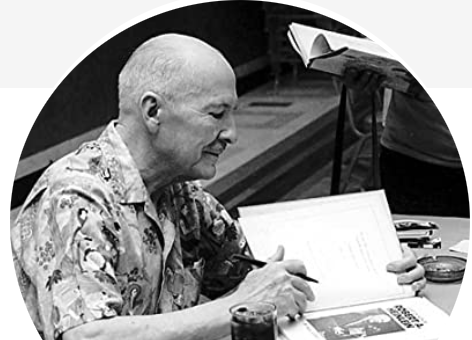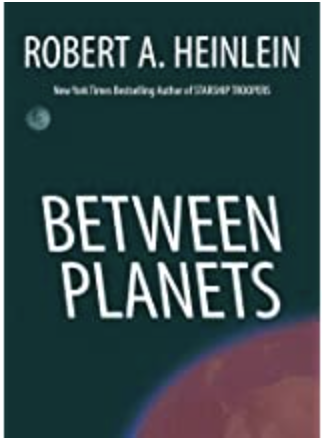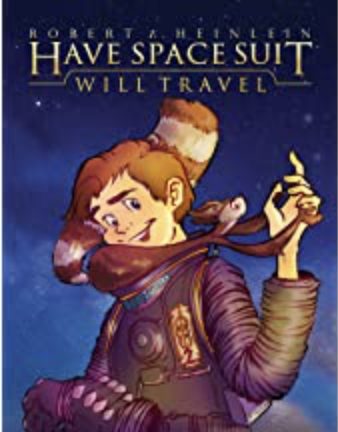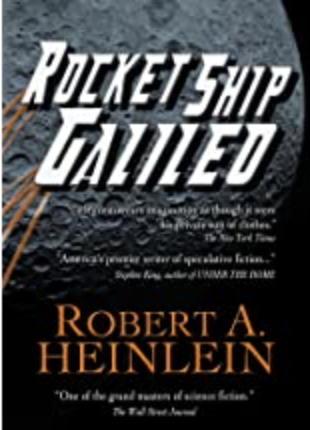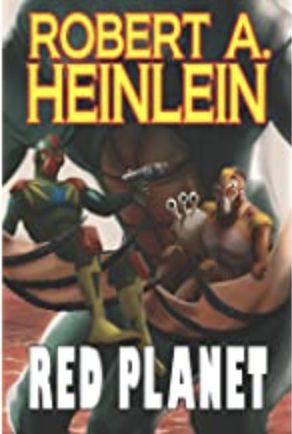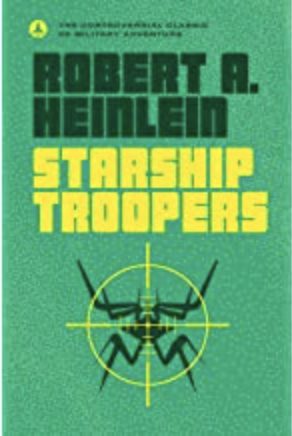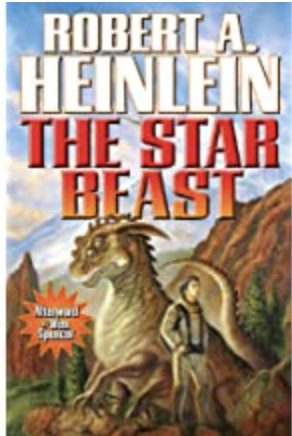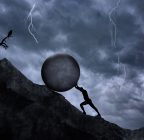Robert Heinlein: The Author as Mentor

Heinlein was a superstar among sci-fi pioneers. His fiction is still stellar material for young men with their eyes on the heavens. Tweet
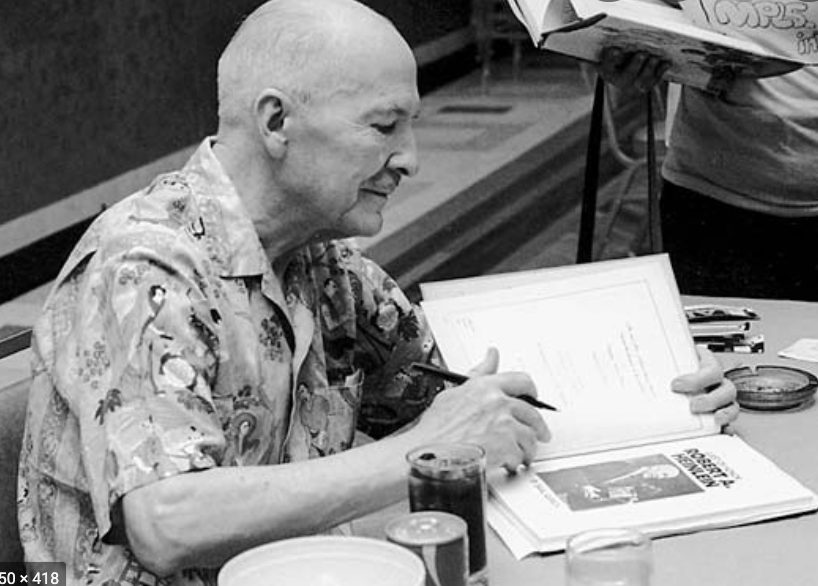
Highlights
No writer, living or dead, had greater influence in shaping the worldview of boys in the Fifties and Sixties than Robert Heinlein.
Heinlein’s formula was basically to write adult science fiction stories, minus the sex.
His characters — teenagers and the adults into whose shoes they were trying to grow — showed readers by example how to live a worthy life.
Fueled by the poison of political correctness, too many today claim Heinlein’s tales can be viewed as sexist or racist.
One of the the most auspicious events of my life occurred when I was in the third grade, and I picked one of Robert A. Heinlein’s young adult novels off the local public library shelf. No one, living or dead, has had a greater influence in shaping my worldview than the legendary science fiction writer.
In this, I am like countless millions of others. By the time I found him, Heinlein had been publishing novels and short stories for 30 years, and was already widely recognized as one of the most influential writers of his generation. Having turned his hand to young adult novels in 1947, over the next dozen years he rolled them out at the rate of one per year, until he had a baker’s dozen tales that, like Kipling’s Jungle Book, were suitable for anyone from a precocious third-grader to a mature adult. (A 50-year-old-friend is now happily reading them for the first time).
Heinlein’s formula was basically to write adult science fiction stories, minus the sex. He said his books had “heroes three or four years older than the reader, so that he may imagine that he himself might take part in such adventures in the near future,” with stories of “continuous adventure, with authentic science, not too much elaborated… I have no doubt of my ability to do such stories, well enough to meet the competition.”
Heinlein’s characters expressed the virtues of manhood.
Talk about an understatement! Like so many others, I chewed through Heinlein’s tales like a termite through a two-by-four. To boys of my generation, watching John Glenn and his fellow explorers take the first steps off the home planet and out into an unimaginably wide universe, space travel was the most exciting thing imaginable. In Heinlein’s novels, we experienced interplanetary wars with echoes of the American Revolution (Red Planet and Between Planets); aliens friendly and decidedly unfriendly (The Star Beast, Starship Troopers and Have Space Suit—Will Travel); the sense of being stranded hundreds of light-years from home (Tunnel in the Sky). In The Rolling Stones Heinlein imagined a future in which the solar system was settled from one end to the other, and buying a spaceship would be no more expensive than buying a yacht, enabling the titular Stone family to set out to explore what’s out beyond their home on the moon.
But beyond Heinlein’s highly imaginative settings, it was his characters who gave his stories such vast appeal. Teenagers and the adults into whose shoes they were trying to grow, showed his readers by example how to live a life that wasn’t a waste of oxygen. They expressed the virtues of manhood.
What virtues? Well, for starters, the quintessential American virtue of respect for others different from oneself. As Heinlein made clear, this was at the forefront of his thinking from the very first. “I have deliberately selected a boy of Scotch-English pioneer ancestry,” he noted in a letter to his agent on the marketing of his first juvenile novel, Rocket Ship Galileo, “a boy whose father is a German immigrant, and a boy who is American-Jewish. Having selected this diverse background, they are then developed as American boys without reference to their backgrounds. You may run into an editor who does not want one of the young heroes to be Jewish. I will not do business with such a firm.” He didn’t make a big deal out of that attitude; it was just there.
For Heinlein, differences between individuals, whether human or alien, weren’t what made one respectable or less so. What counted was competence. You needed to have some actual skills to cope with whatever the universe threw at you.
Heinlein was relentlessly, cynically optimistic. Bad things might happen – very bad things were going to happen – but what mattered was how they were dealt with. Some folks, faced with crisis, would be stubborn, irreversibly stupid, short-sighted or evil; others would be just as resolutely brave and kind as ever – and they’re the ones who seemed to assure the human race would come though just fine. The future was always going to be worth the trip.
Heinlein’s young adult novels have fallen out of favor with librarians. In part, this is a matter of what we’ve learned since his time; the solar system he described, with a temperate Venus and a marginally habitable Mars, both with intelligent natives, was demolished when we were able to send robotic probes for a closer look. But by far the bigger gripe among librarians is ideological, fueled by the posion of political correctness: the claim that Heinlein’s tales could be viewed as sexist or racist. That’s pure nonsense. To meet role models like Mr. Kiku (Black) in The Star Beast or Johnny Rico (Hispanic) in Starship Troopers and regard them through the Woke lens of the contemporary academy is to indulge in a particularly perverse brand of foolishness. But some fools manage, and a generation of today’s would-be readers are their victims.
A science fiction writer I know, two generations younger than Heinlein, had a more perceptive criticism. He observes that younger readers today would have a hard time relating to the teenagers in these books. Why? Because they so unquestionably accepted the wisdom and authority of their elders. I think that’s almost right, but not quite; what they accepted was the authority of competent and moral grownups, even as they resisted incompetence and injustice from those of any age.
I’d like to say Heinlein’s works will still be around in a hundred years. I hope they will. Great stories have a way of transcending temporary fashion. All I can say for certain is how grateful I am that they were there for me when I was a boy, and that they’re still there, so I can read and reread them today.
More From Robert Heinlein
